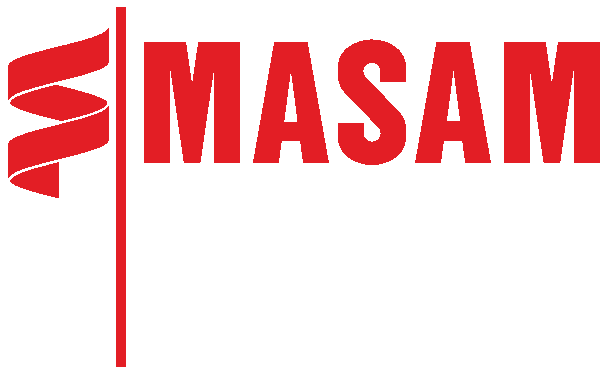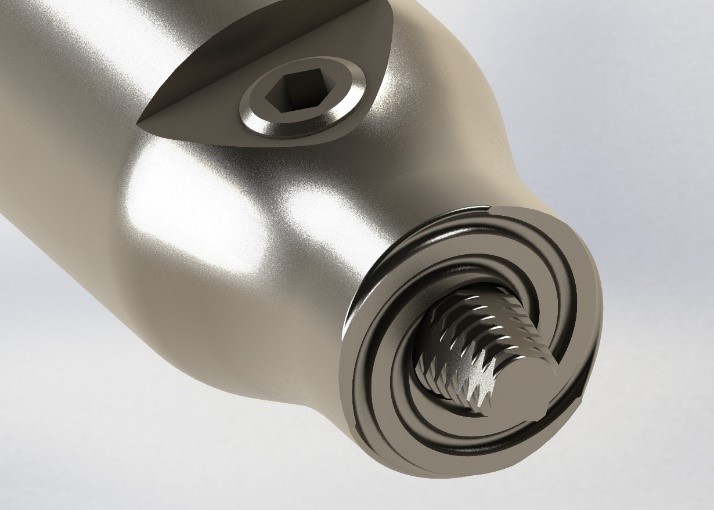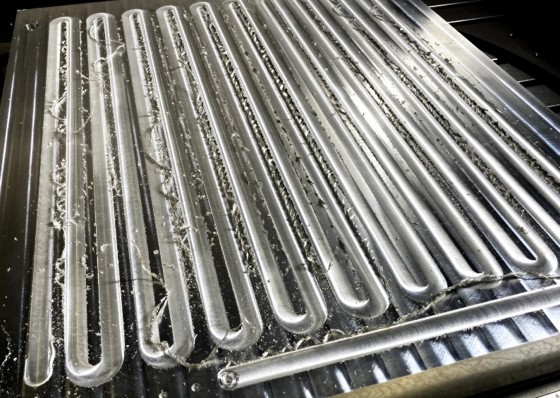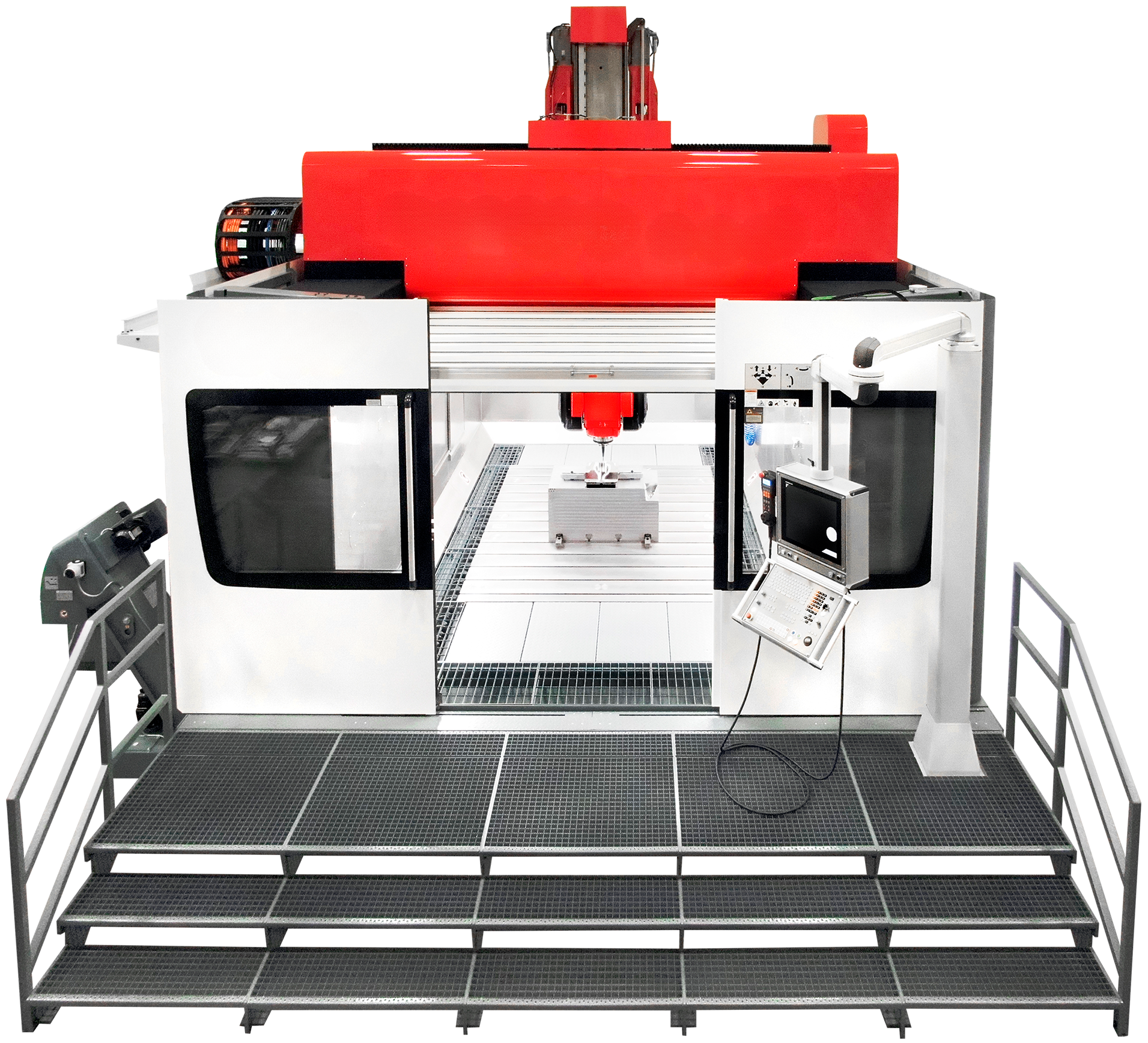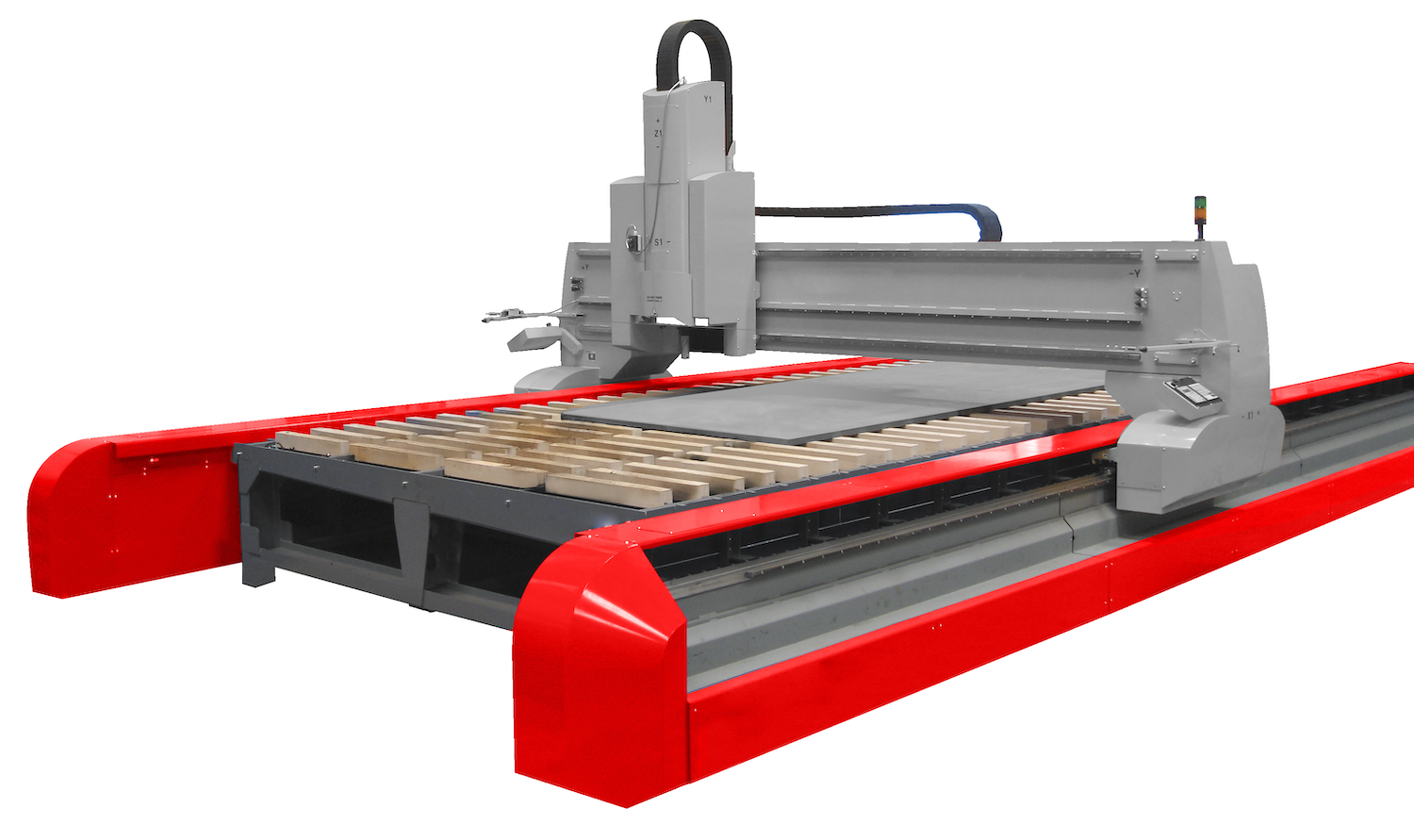Description
FSW TOOLS
We have expanded our product portfolio by tools for FSW (Friction Stir Welding) technology. This welding method makes it possible to create high-strength joints without melting the material, which ensures exceptional quality and reliability. We at MASAM are ready to provide solutions for the most demanding industrial applications.
FSW is a modern method of joining materials, which has gained great popularity in various industries in recent years. This method of joining materials is the result of constant research and development in the field of material engineering. FSW technology uses heat generated by friction between the rotating tool head and the joined material. This process makes it possible to join different metals and their alloys, but also other materials such as polymers and composites
During welding, a rotary tool with a specially adapted tip and shoulder is pressed into the welded metals. Heating occurs due to friction and plastic deformation of materials. The tool arm generates the main part of the heat in the process and at the same time prevents the material from being blown out of the joint. When the temperature of the material rises to about 80% of the melting point, the material around the tip softens, mixes and forms a weld joint. During the process, intense plastic deformation occurs at elevated temperature. The fine microstructure in the welds created by friction welding is responsible for the good mechanical properties of the joints.
Use of FSW
The current state of application of FSW technology in industry is very positive. FSW is used in various industries such as automotive, aerospace, marine, energy and others.
Machines and equipment for FSW technology
The choice of the most suitable equipment for FSW technology affects many factors that will determine the concept of the entire workplace. Machines are available for smaller dimensions of welded assemblies, but also devices for large-scale applications. It goes without saying that the possibility of automating the welding process and interoperation manipulation is possible.
Vertical machining centre
Vertical machining centre options with Friction Stir Welding (FSW) capabilities. The machine is equipped with a powerful spindle, a vertical moving head and a fixed table for machining extremely long and heavy workpieces. The machine also provides high feed rates to reduce no-cut and no-weld times.
Gantry machine
The gantry machine type is mainly intended for friction stir welding with large product dimensions and flat structure, especially for welding aluminium alloy products.
- Robust design with a long service life
- Suitable for heavy industrial use
- Dimension according to the customer’s request
- Tool change (magazine)
- Tool length calibration
More options
- Two-portal system for demanding applications
- 3D applications
- Automated unloading to produce small parts
- Automatic loading of parts (from the conveyor)
- Possibility of automatic loading from the magazine
Benefits of FSW technology
FSW offers many advantages over traditional joining methods, such as increased joint strength and reliability.
- No additional material as welding wire is needed
- No need for shielding gas
- Better working environment and safety thanks to the absence of toxic fumes
- Lower scrap and breakdown costs
- Great weld appearance and minimal under/over alignment
- Reduced distortion compared to conventional welding
- Welds with similar mechanical and physical properties to the base material
- Low impact on the environment.
Implementation of the FSW process
- Consulting – a tailor-made solution according to the customer’s requirements;
- Concept – process parameters, fixture development, preliminary testing;
- FSW tool – design, manufacture and delivery with regard to a specific application;
- Production machine – design, production and delivery incl. clamping device;
- Integration – implementation into the customer’s infrastructure;
- Testing – production of samples, tool life tests, weld tests;
- Process – stability, optimization and monitoring.
